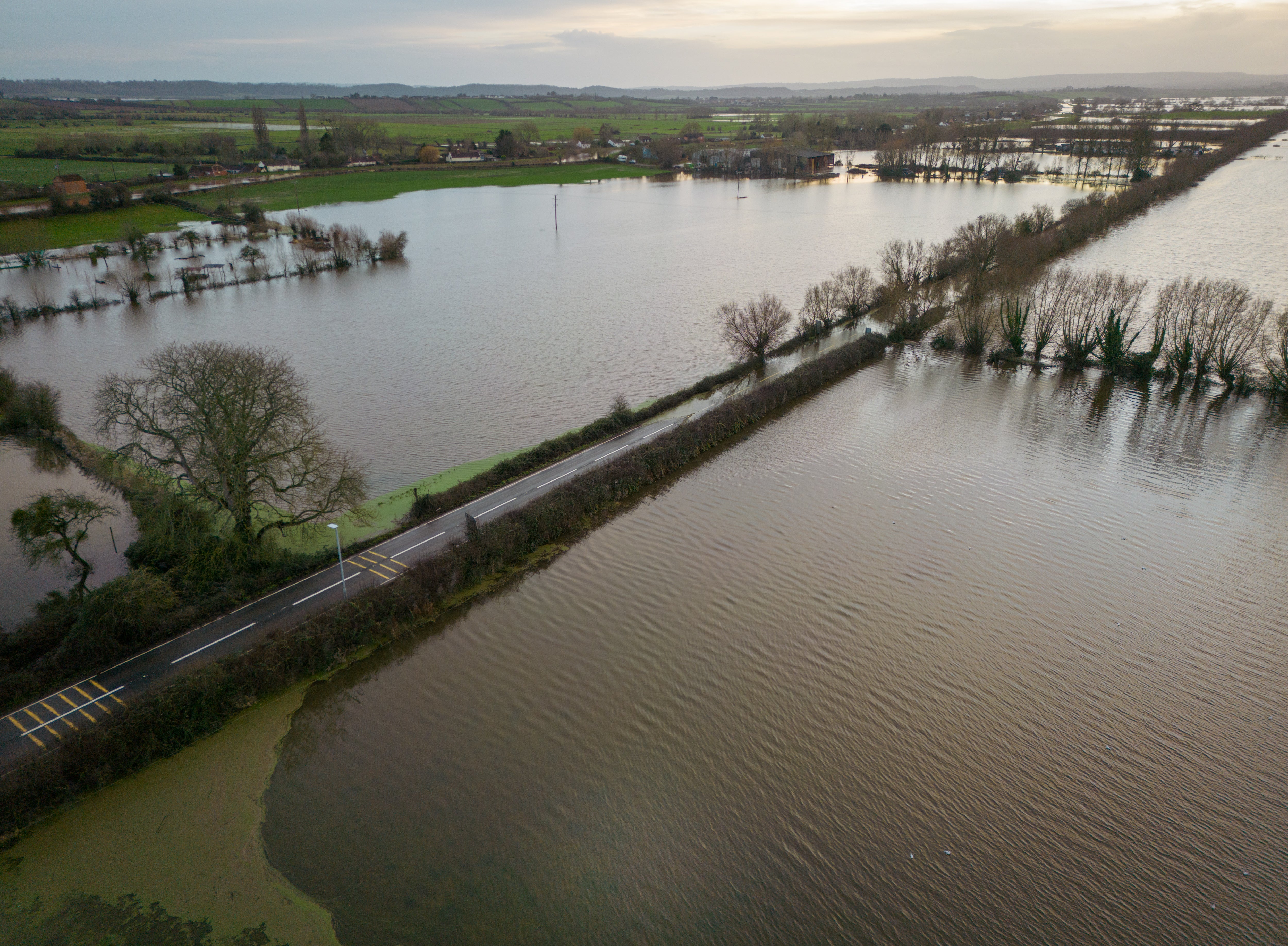If you think net zero is expensive, wait until you see the cost of the climate crisis
Never mind the expense of transitioning to a greener economy, the price of inaction is far higher, writes James Moore


Going green will “destroy our economy” – at least, according to some commentary in recent days. We are informed that Britain is at the top of the global game when it comes to cutting carbon; we’ve done our bit, and going further to fight the climate crisis will harm Brexit-battered UK plc.
However, Britain’s largest asset manager – which is well-informed on the economic impacts of rising sea levels, droughts, bad harvests, floods and other extreme weather events – makes clear in a report that cost will be reduced if we act to address the cause of these nasties. and much higher if we don’t.
Legal & General Investment Management (LGIM) oversees £1.2 trillion in assets, mostly via funds that track stock market indices. For managing them, it charges a small percentage of customer assets each year. If the economy grows and the markets grow, so do its fees and both shareholders and customers are happy, so it’s got skin in this game.
LGIM says the window for meeting the targets agreed to in the Paris climate accords is still open, and that doing so is “cheaper and easier to achieve than ever before”. However, that window is closing quickly.
The aim of the accords, you may remember, is to limit the rise in global temperatures to 1.5C. Failure to do so could lop 10 per cent off global GDP, representing trillions of dollars, LGIM warns. Stock market returns will take a devastating hit. A fresh wave of inflation will emerge, every bit as bad as the one we’re on the way out of.
The report concludes that “the unavoidable corollary to delayed action – and the significant financial risks we have attempted to quantify in this paper – is that the sum of increased volatility, lower corporate profitability, greater geopolitical risk, significant and sustained inflationary pressures and negative productivity impacts in our view all add up to lower, and probably significantly lower, market returns over the next 15 years”.
It adds: “Investors, we think, need to strap in. The future may not resemble the past and the road ahead may be very bumpy!”
LGIM’s report argues in favour of carbon pricing, which does exist in some form now but which, it says, is far too low to act as an effective mechanism for reducing emissions. It has also named and shamed bad corporate actors and used its votes at AGMs to make its feelings known. The fund manager has received consistently high ratings from external monitors when it comes to backing climate resolutions.
Its report comes just as energy secretary Grant Shapps outlines a series of carbon capture and storage projects; these are controversial with groups such as Friends of the Earth (FoE), which argue that burning carbon-releasing fossil fuels, regardless of whether the stuff can be effectively stored, can never be considered as good.
FoE is also taking a close interest in the government’s quantified climate action plan, which it is less than impressed with. “In its carbon delivery budget plan, published today, the government says its quantified proposals and policies will only meet 97 per cent of the savings required to meet Carbon Budget 6, and only 92 per cent of international commitments for 2030,” the group says.
Having successfully challenged the government once over net zero, FoE says it is prepared to go return to the well.
Too often, the climate crisis debate has focused on the cost of transition, with critics arguing it is too high and that the economy can’t cope. The LGIM report makes clear this is a back-to-front way of looking at the issue; we should be considering the costs of not taking action, which are potentially devastating.
But what action to take? Carbon pricing (LGIM’s idea), more onshore wind (yes), more offshore wind (yes, again), more home insulation (a clear slam dunk) are all options.
Time for action. Solutions and how best to move on them should be the focus of debate. Britain’s economy is shaky enough as it is; the consequences of failing to act on emissions would be too high.






Join our commenting forum
Join thought-provoking conversations, follow other Independent readers and see their replies
27Comments